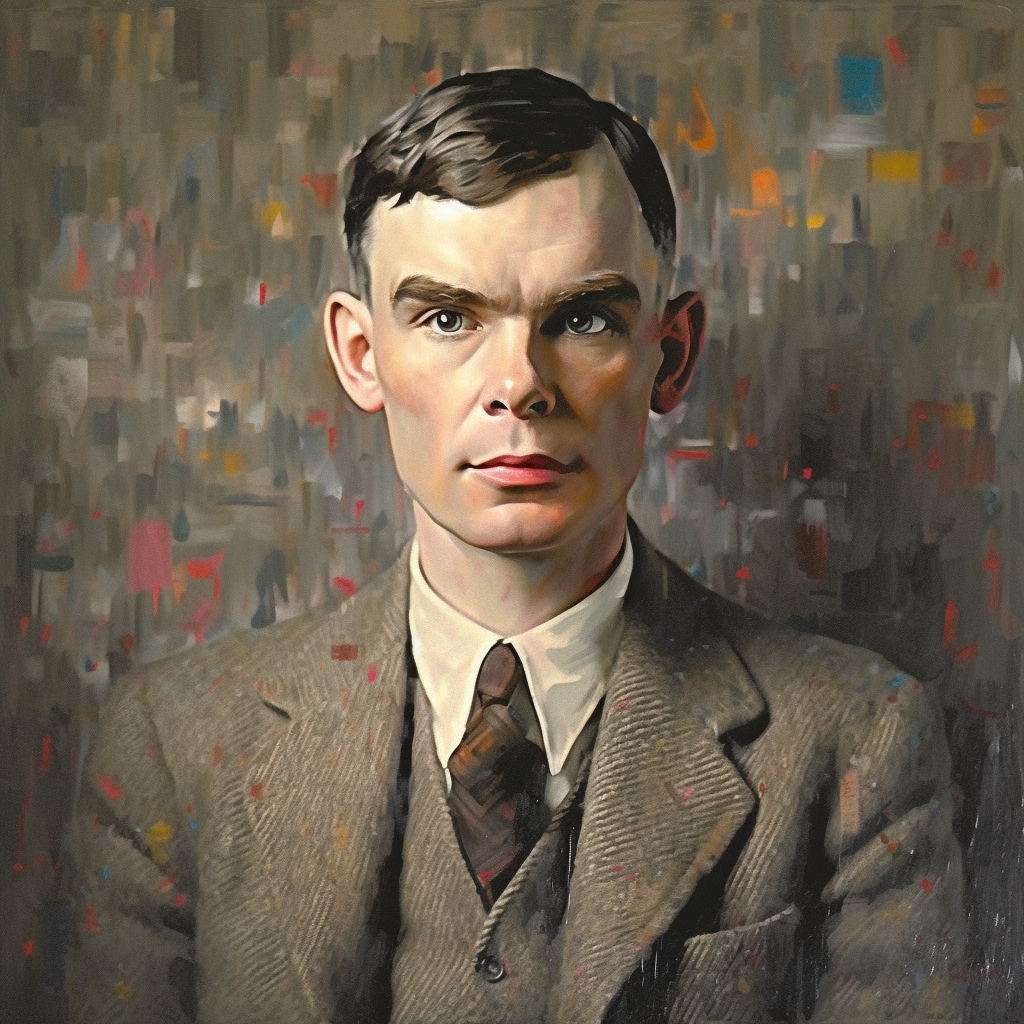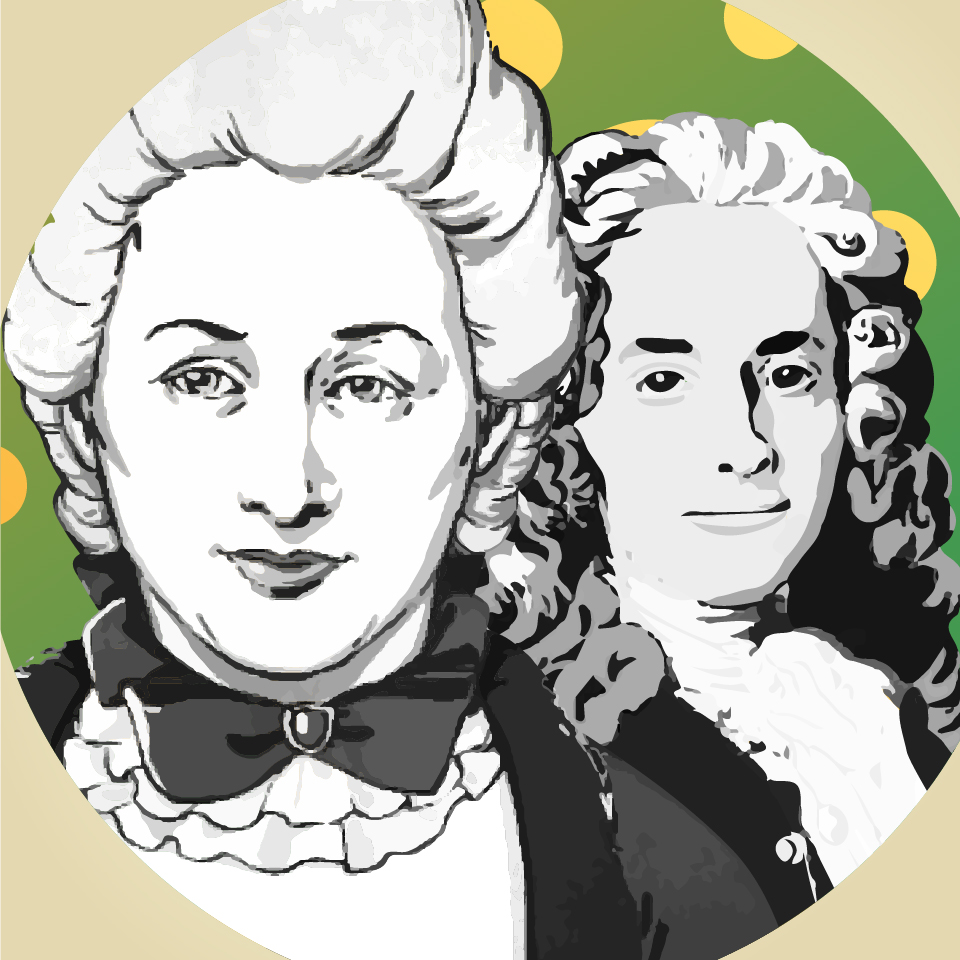
Knowledge Base
I wrote about the great genius Geralomo Cardano in an earlier post. He was what we call a "Polymath", which was a common description of early scientists and mathematicians before the concept of "academic specialization" became the normal path to follow. Gottfried Wilhelm Leibniz is considered to be one of the last great Polymaths, and for good reason.
Gottfried Wilhelm Liebnitz, (1646-1716), defies our modern definition of the term "genius". We all aknowledge that over the centuries there were several notable and influential geniuses, a number of them are featured in my previous posts. All of us are all aware of the disparaging observation that someone is,"no Einstien", because everyone knows that Albert Einstein was a bonafide genius. For our purposes, in the history of crytocurrencies there was Ada Lovelace and Geralomo Cardano, and of course Alan Turing, while nowadays much is made of Elon Musk being a "genius". But once you get into the real details about the lives of these remarkable intellectuals, you run head on into the last great true genius and polymath: Gottfried Leibniz. He was similar to Cardano in many ways, first because he was a true polymath in the time before intellectuals specialized in various fields of mathamatics, science, or philosophy, but more importantly for the scope of his work. As far as my research has determined, there was literally nothing that Leibniz wouldn't tackle and then master. And he did everything with pen and ink rather than with an iPhone in one hand and an iPad in the other. And he didn't have the Internet or Chat GPT to use for quick reference.
I cannot fathom how one person could become influential in so many different fields of thought. He is usually described dispassoinately as a: Philosopher, Mathematician, Logician, Metaphysician (I dare you to explain that one to me), Political Advisor, and Lawyer, and he was distinguished for his independent development of Differential and Integral Calculus. He authored works on Philosphy, Theology, Ethics, Politics, Law, History, Philology, Games, Music, and other areas of study. He wrote in multiple languages, but primarily Latic, German, and French. He was mostly self-taught having studied multiple disciplines available to him at a young age in his father's extensive personal library. His bachelor's thesis was titled, "De Principio Indiviui", (the Principle of Individualism) which he published in 1663 at age 17. In 1666, at 20, he applied for a doctor of law degree but was turned down because he was "too young". While at Leipzig he encountered some of the most infulential thinkers of his time: Galileo, Bacon, Hobbes, and Descartes, just to name a few of the big ones. Even more unbelievably, also in 1666, he published, "De Arte Combinatoria", "On the Art of Combination", wherein he offered a model that is arguably a predecessor of modern computers. He argued that all reasoning and discovery can be reduced to an "ordered comination of elements such as numbers words, sounds, or colours." And obviously he was right. Along the way he devised a library cataloguing system while working at the Wolfenbuttel library what served as a guide for several of Europe's biggest libraries. His most famous student was Daniel Bernoulli whose influence to this day on markets and trading is well known worldwide.
As a Mathematician his biggest achievement was developing the core ideas of Differential and Integral calculus independently of Isaac Newton's own work. To this day many mathematicians prefer Leibniz's system of notation as being the more exact expression of calculus. He was also a proponent of the First Principles method of reasoning. However, for our purposes as they relate to cryptocurrencies, Leibniz's most useful contribution was the ideation and invention of a pinwheel calculator in 1673 and his subsequent invention of the Leibniz Wheel (the Stepped Drum) which was used in the first mass produced mechanical calculator called The Arithmometer. The Leibniz Wheel was the "engine" of all mechanical calculators for three hundred years up to the appearance of the first electronic calculators in 1970.
For me this is where it all flows into the stream of thinking and development that eventually gave us cryptocurrencies. I see a direct line of development from Cardano to Liebniz to Babbage to Lovelace to Turing to Satoshi Nakamoto. Cardano invented the Cardano Gear which converts rotational energy into linear energy and is still used today in all orf our modern wheeled machinery. Liebniz used a similar concept to create the Leibniz Wheel. Babbage used multiple rows of mechanical calculators in his Difference Engine which was a programmable machine that was never actually built. It was Ada Lovelace who realized (as did Leibniz) that if "numbers represented other things", then the machine would move from pure calculation to genuine computation. Alan Turing was far ahead of his time when he was forseeing the advent of AI as the result of his work on the Enigma code, and we all know what has happened since Satoshi Nakamoto initiated the first Bitcoin gensis Block. At each point along this path we have a genius that realizes the possibility of having numbers represent other things which takes us from calcutaion to computation. Gottfried Wilhelm Liebniz stands at the top of the list in my opinion, but I cannot understand how one mind could give us so much in one lifetime.

|
written by: Eric Hill published at: Dec 3, 2023
|

Knowledge Base
Sep 7, 2023, by Eric Hill

Knowledge Base
Apr 9, 2023, by Eric Hill

Knowledge Base
Mar 22, 2023, by Eric Hill

Knowledge Base
Oct 22, 2022, by Eric Hill